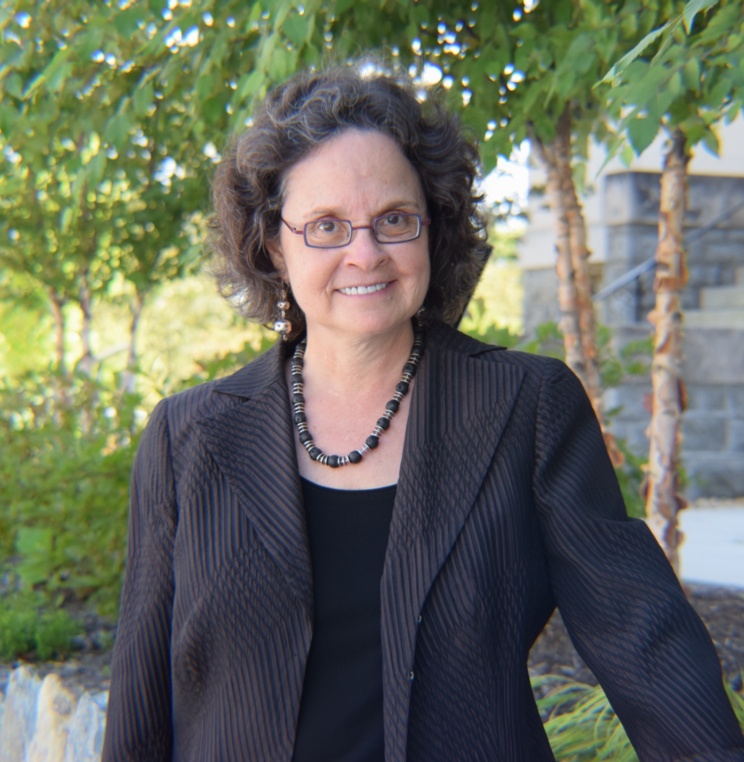
Report from ACLU, AUWCL’s National Women’s Advocacy Project Shows Deportation Fears Prevent Immigrants from Reporting Crimes
May 4, 2018
A report from the American Civil Liberties Union (ACLU), in collaboration with American University Washington College of Law’s National Immigrant Women’s Advocacy Project (NIWAP), illustrates the impact of anti-immigrant discourse on immigrant crime victims and their willingness to seek out help from the justice system.
A new NIWAP survey report, “Promoting Access to Justice for Immigrant and Limited English Proficient Crime Victims in an Age of Increased Immigration Enforcement: Initial Report from a 2017 National Survey,” focuses on the experiences of immigrant and limited English proficient (LEP) crime victims accessing the justice system during 2016 and 2017 and their willingness to seek assistance from courts, police, prosecutors, victim advocates and attorneys.
The ACLU report, “Freezing Out Justice: How Immigration Arrests at Courthouses Are Undermining the Justice System,” is based on data from the survey, which was conducted by the NIWAP, AUWCL, and the College of Humanities and Social Sciences at Rowan University.
The NIWAP survey collected responses from 232 law enforcement officers in 24 states; 103 judges, three court staff, and two court administrators in 25 states; 50 prosecutors in 19 states; and 389 survivor advocates and legal service providers spread across 50 states. The survey underscored notable declines in crime victims’ willingness to seek help in 2017 compared to 2016, including an 18 percent decline in complaints filed by the immigrant community and a 15 percent decline in willingness from those community members and victims to cooperate in a criminal case, according to law enforcement survey participants. For those that did make reports, fears of immigration enforcement – including enforcement at courthouses – also proved to make an impact. Court proceedings being interrupted due to victim’s fears of coming to court jumped from 45 percent in 2016 to 54 percent in 2017, according to judges surveyed.
Victim advocates and attorneys participating in the survey reported a 391 percent decline in the numbers of Violence Against Women Act (VAWA) self-petitions filed on behalf of battered immigrant spouses and children of U.S. citizens and lawful permanent residents by the agencies on behalf of immigrant victim clients.
In the ACLU report, AUWCL adjunct professor and NIWAP Director Leslye Orloff notes that when courts are not seen as safe spaces for immigrants, the effect can be devastating.
“Eroding trust that law enforcement has built with immigrant crime survivors is particularly dangerous. Our prior research has found that when survivors find the courage to seek immigration relief, perpetrators of domestic violence and workplace-based sexual assault are actively involved in reporting survivors for deportation to ICE and CBP,” Orloff said. Stepped up immigration enforcement, particularly at courthouses, aligns with perpetrators’ threats that if survivors report the abuse, seeking help from police or courts will result in the survivor being detained and deported and never seeing her children again.”
NIWAP addresses the needs of immigrant women, immigrant children and immigrant victims of domestic violence, sexual assault, and other crimes by advocating for reforms in law, policy and practice. NIWAP is a national provider of training, legal and social science research, policy development, and technical assistance to advocates, attorneys, pro bono law firms, law schools, universities, law enforcement, prosecutors, social service and health care providers, justice system personnel, and other professionals who work with immigrant women, children and crime victims.
###